Just about every American high school and college student has been taught the evils of alcohol and how nothing good can ever come from drinking. And yet, so many American high school and college students drink. Clearly something is lacking in our substance abuse education. As a result, it is believed that the problem is not so much in the facts that are taught, but how the subject as a whole is approached.
In recent years, it is assumed that teenagers will drink, regardless of age or the precautions taken by parents and guardians. Dr. Richard Schwartzstein, an outspoken supporter for alcohol education, feels that instead of ordering teens to stay away from alcohol and hoping for the best, young men and women should be equipped to make responsible decisions when faced with the inevitable alcohol related choices.

“We’re trying to educate young people so they can be safer going out there,” Dr. Schwartzstein says. Instead of combating underage drinking itself, Schwartzstein believes it is more important to teach responsible drinking behavior, cautioning against a dangerous activity known as binge drinking. Binge drinking is excessive drinking within a short period of time, leading to toxic levels of alcohol in one’s body with potentially lethal effects.
At eighteen, a teenager is eligible to vote and join the army, but not to drink alcohol, a fact many find outrageous. However, this particular law appears to have grounding in science. By age eighteen, most sections of the brain are fully mature. However, the cortex, which affects judgment and decision-making, is not yet fully developed and will not be until around age twenty-one.
According to Schwartzstein, “the ability to make sound decisions is essential to being able to drink responsibly.” Until the cortex is fully developed, a teenage audience can literally hear the presentation, understand it, go to a party and pass out drunk later that same evening. This is the reason parents and teachers find this a difficult message to get across to teenagers. We understand it, but we can’t apply what we learn.
One of the key points of Schwartzstein’s message is that alcohol impairs judgment, and incidents related to underage and binge drinking are the #1 killer of young people today. National surveys show that alcohol use is associated with 70% of depression suicides, 66% of all drowning deaths, and 37% of trauma ER cases. In addition, an estimated half of all drivers in fatal car accidents are involved with alcohol use. The statistics are frightening.
Schwartzstein teaches by comparing a bottle of Tylenol to a bottle of beer, stating that they are both non-prescription drugs. Dosage is determined by how quickly one’s body processes the drug, but, as he points out, the Tylenol has dosage instructions while the beer does not. He can give us the missing dosage on the alcohol: One drink per hour. Any more and the drug builds up in toxic levels in the bloodstream and leads to poisoning.
Drinking can cause toxicity even after one stops drinking, and Dr. Schwartzstein advises not placing any faith in the popular myths associated with drinking, e.g. walking it off, sleeping it off, eating something, drinking coffee. His advice is simple: Don’t take a chance; go to the hospital.
MIT freshman Scott Krueger passed out drunk after an evening of binge drinking. His friends left him on a couch to sleep it off, coming back later to check on him. Finding that they couldn’t wake him, Krueger was rushed to Beth Israel hospital. By the time he reached the emergency room, he was in full cardiac arrest.
This was where Dr. Schwartzstein entered the picture. Krueger’s heart was revived, but vital internal organs had sustained severe damage. Soon after his family arrived, it was ascertained that his swollen brain was beginning to crush down on the top of the spinal column, a condition known as brain death. During brain death, the part of the brain that controls reflexes that we need to stay alive, such as breathing, heart beat, and pupil dilation, slowly ceases to function. Seventy-two hours after passing out at the party, Krueger was dead.
The event struck a chord with Schwartzstein, both because the death had been so easily avoidable and because the patient reminded him of his own son who was sixteen at the time. Since then, with the permission of the Krueger family, he has devoted himself to raising awareness of the dangers of binge drinking, speaking at schools and colleges all over the country. On October 29th, he spoke at the Wayland Middle School, addressing high school seniors and for the first time, accompanying parents. The intention was to inform both students and the parents who help educate students about the effects of drinking.
Dr. Schwartztsein seems to have succeeded, taking a practical view by explaining the physiological effects of drinking. He is currently Associate Chief of the Division of Pulmonary and Critical Care Medicine at Beth Israel Deaconess Medical Center (BIDMC), where he also serves as Vice President of Education. He is also an Associate Professor of Medicine and Associate Dean for Medical Education at Harvard Medical School. For 12 years, he was the director of the Emergency Department at BIDMC. During that time, he was the Attending Emergency Physician when Scott Krueger was brought in.
He also appears in the alcohol awareness video “Tell me something I don’t know” produced by the Phi Gamma Delta fraternity at MIT as part of the settlement from the Kruegers suit against the University and the fraternity. The video is shown to all incoming MIT undergraduates as well as to those at other schools nationwide, and it is hoped that it will eventually be universally used.
The event at the Middle School was organized by the Wayland Substance Abuse Prevention Coalition and was funded by the Wayland Police Association. David Ryan provided the audio-visual support for the talk.

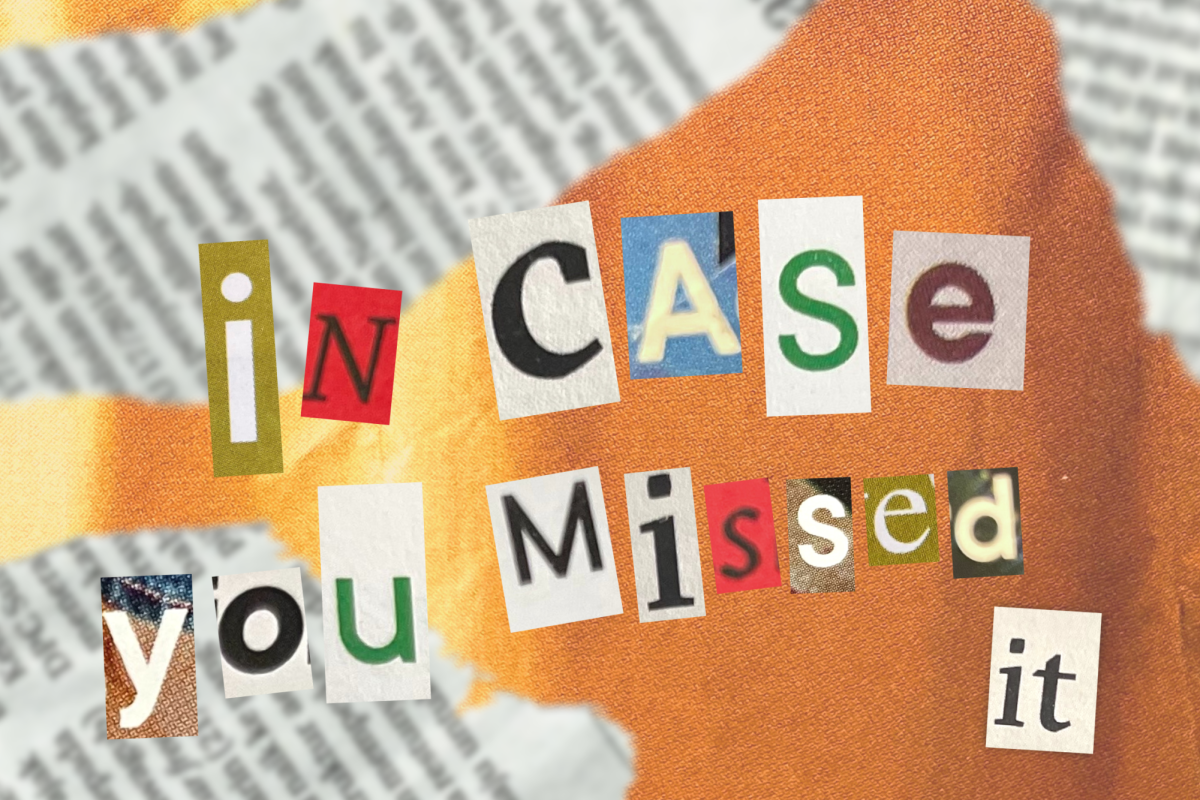

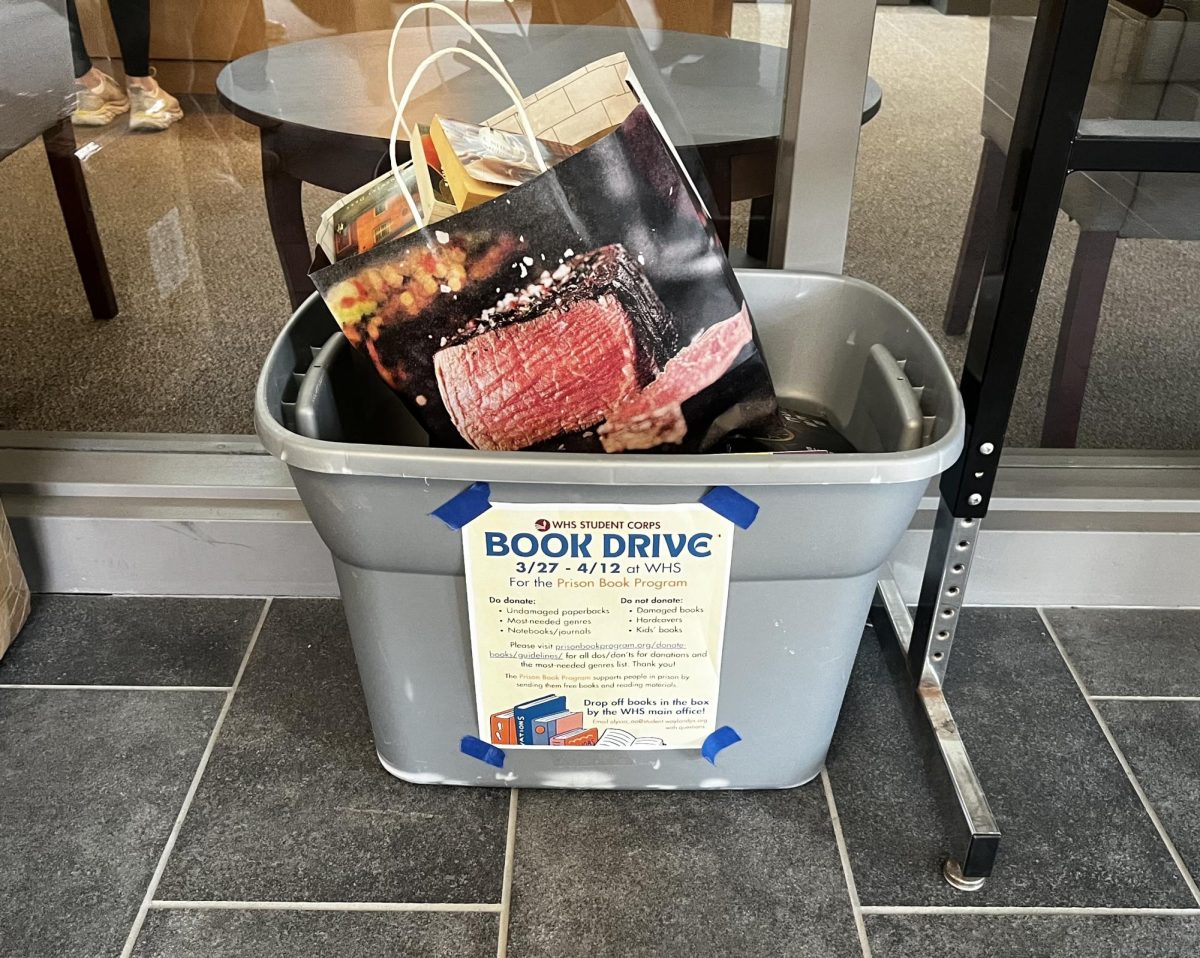

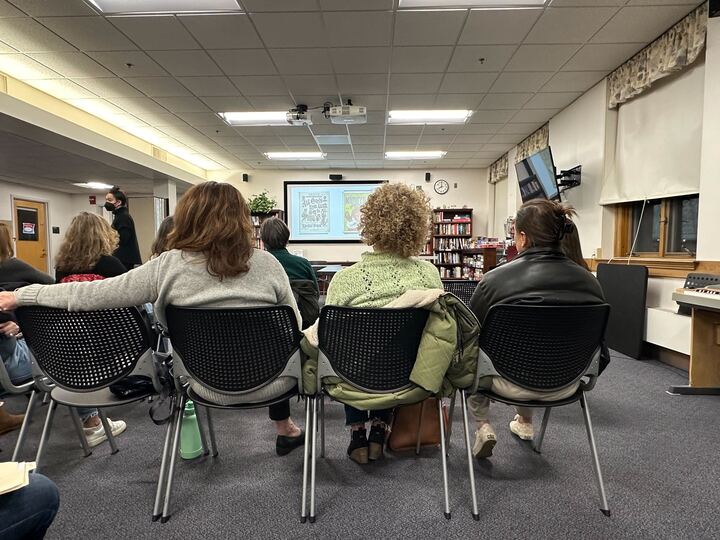





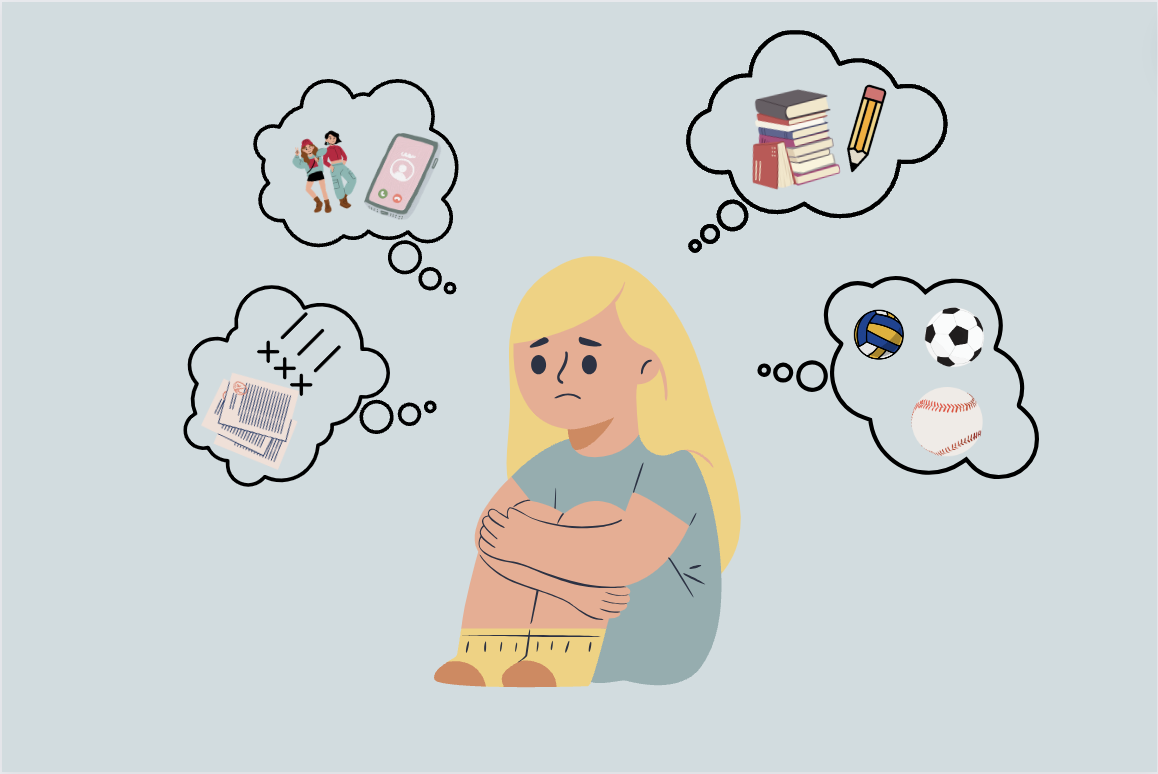
![WSPN’s Annika Martins and Maddie Zajac explore the athletic life of senior Annabelle Zhang through her badminton career. “This [photo] is me and my former partner after we won the 2022 junior nationals mixed doubles category,” Zhang said.](https://waylandstudentpress.com/wp-content/uploads/2024/04/IMG_6629-1200x900.jpg)
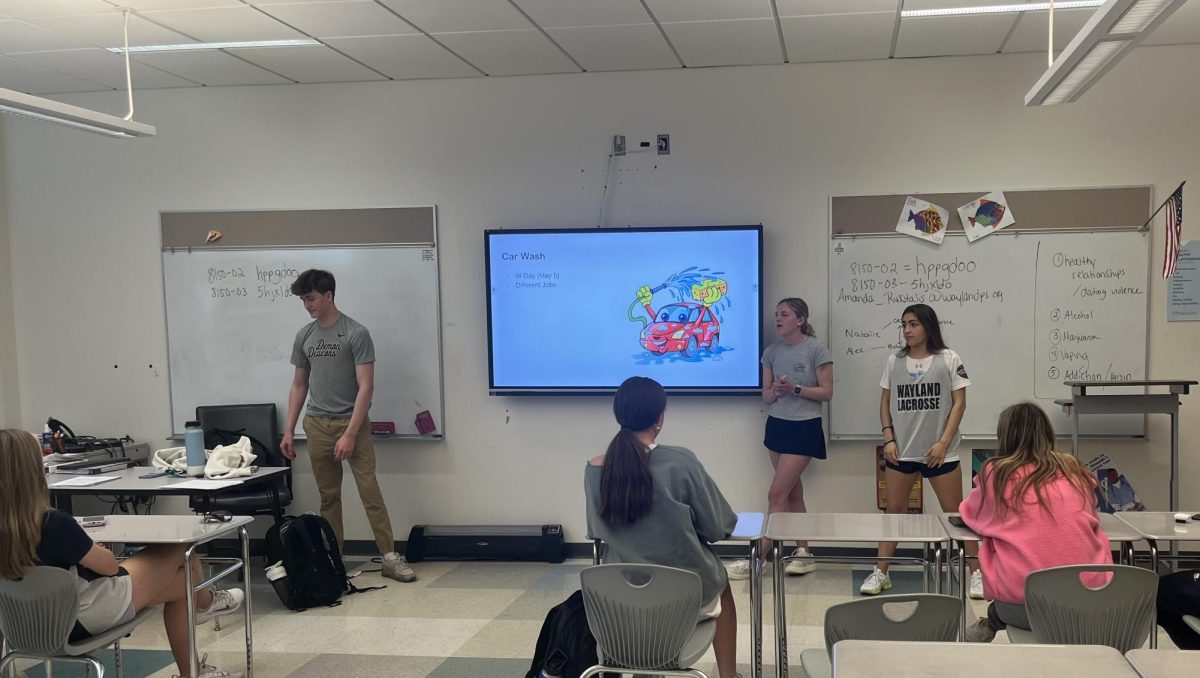







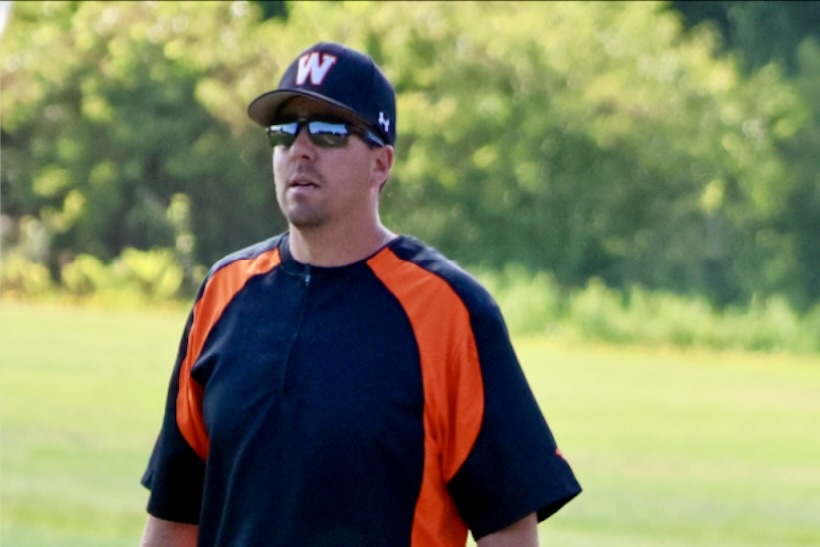


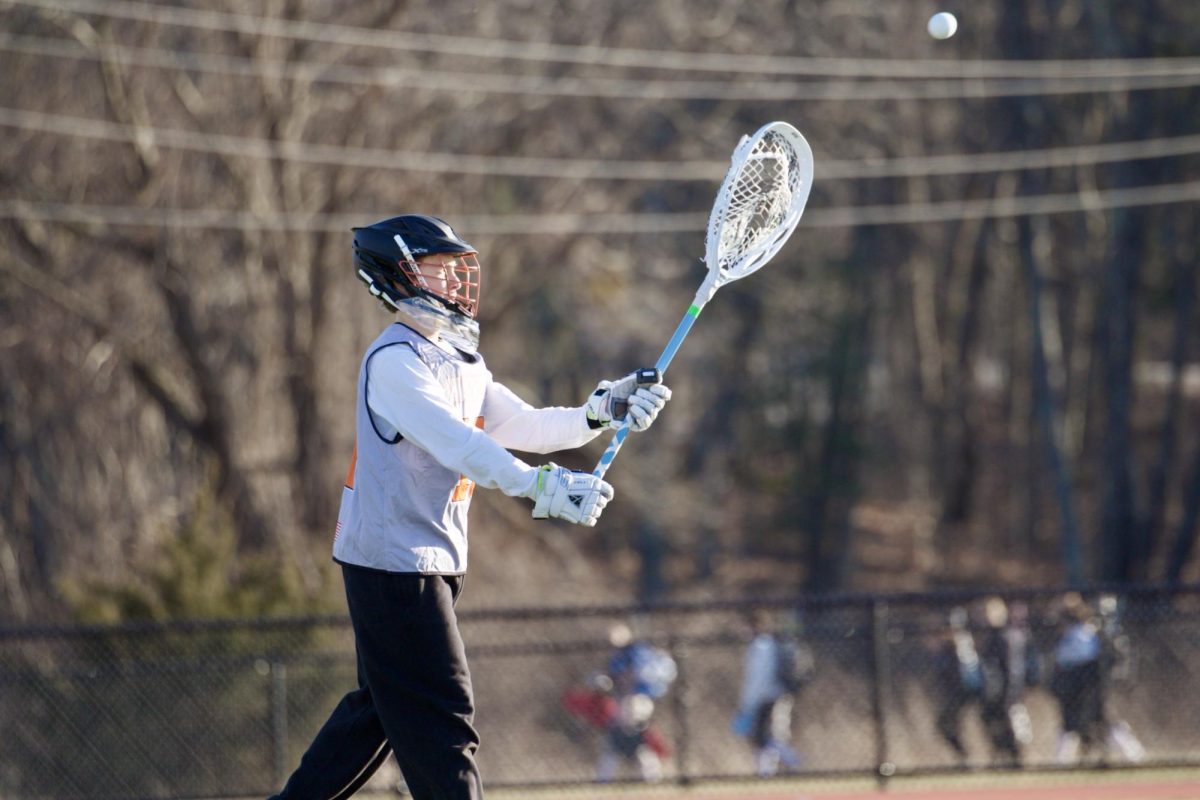
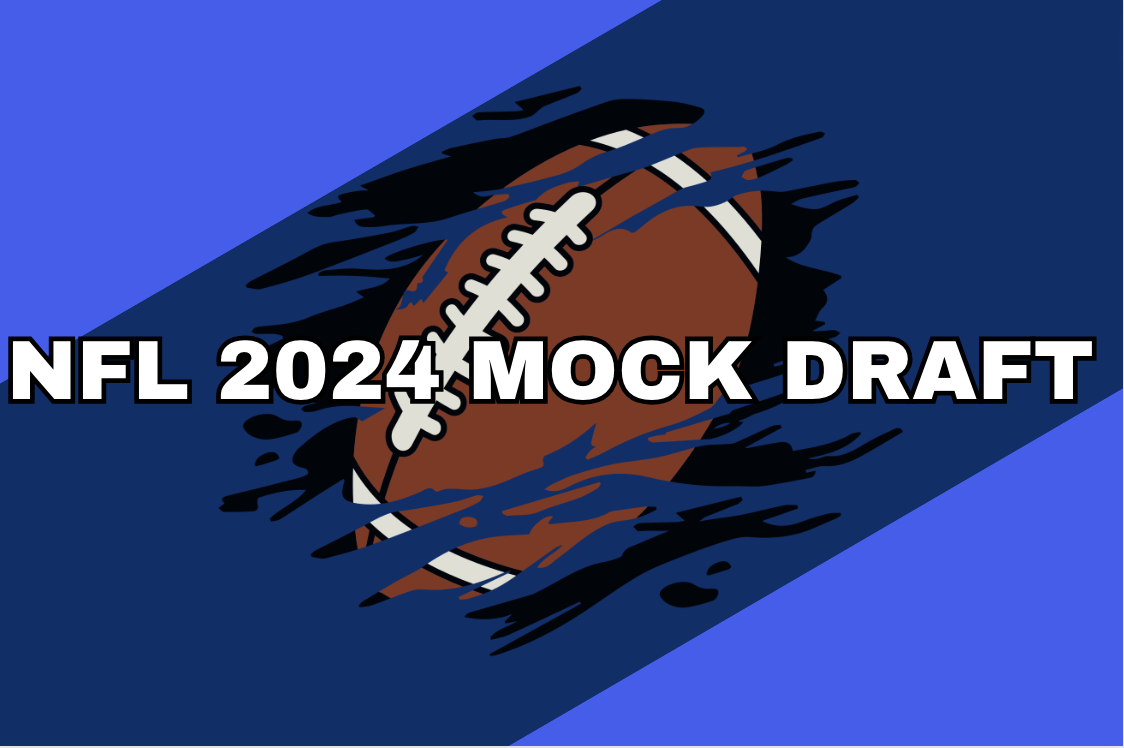
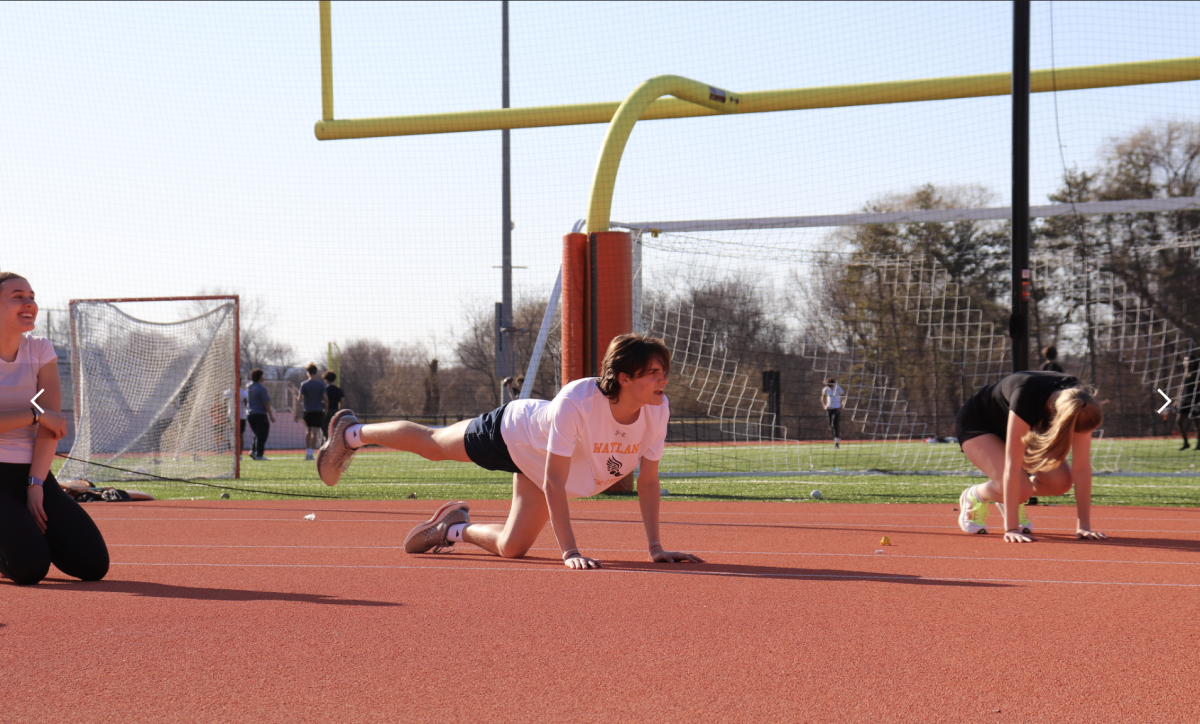

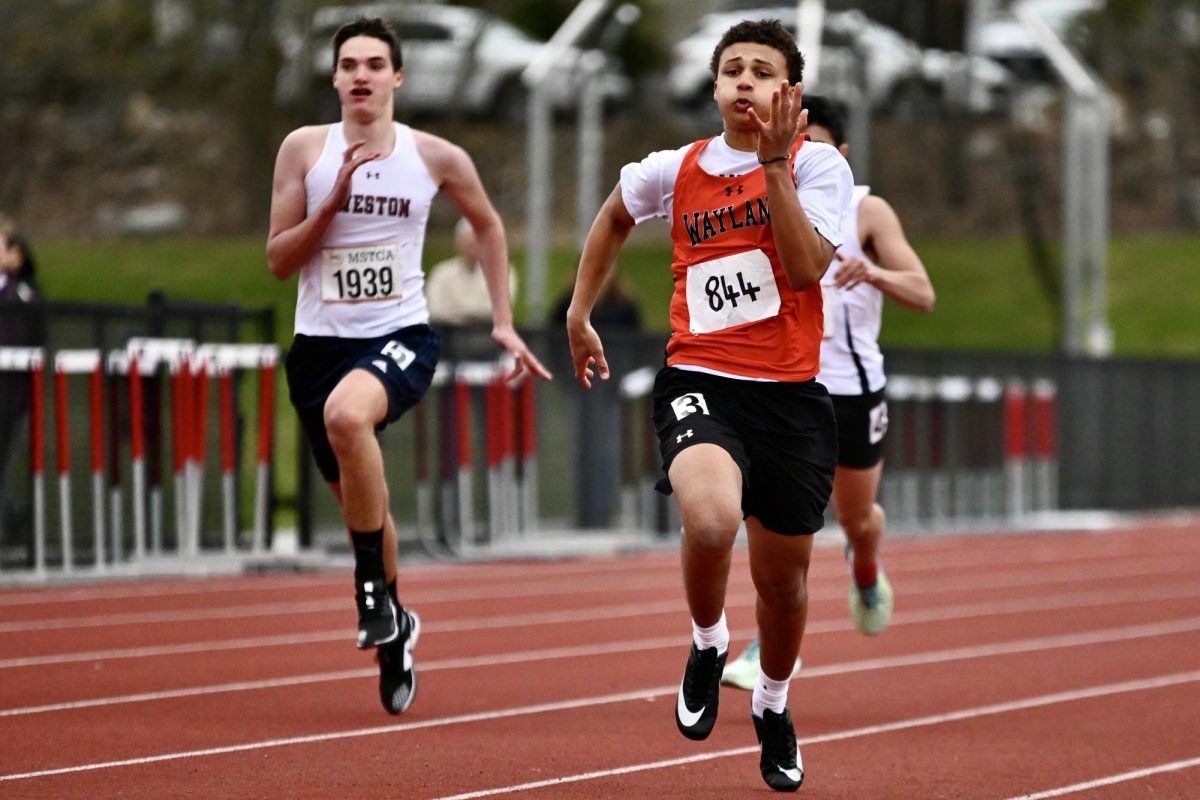

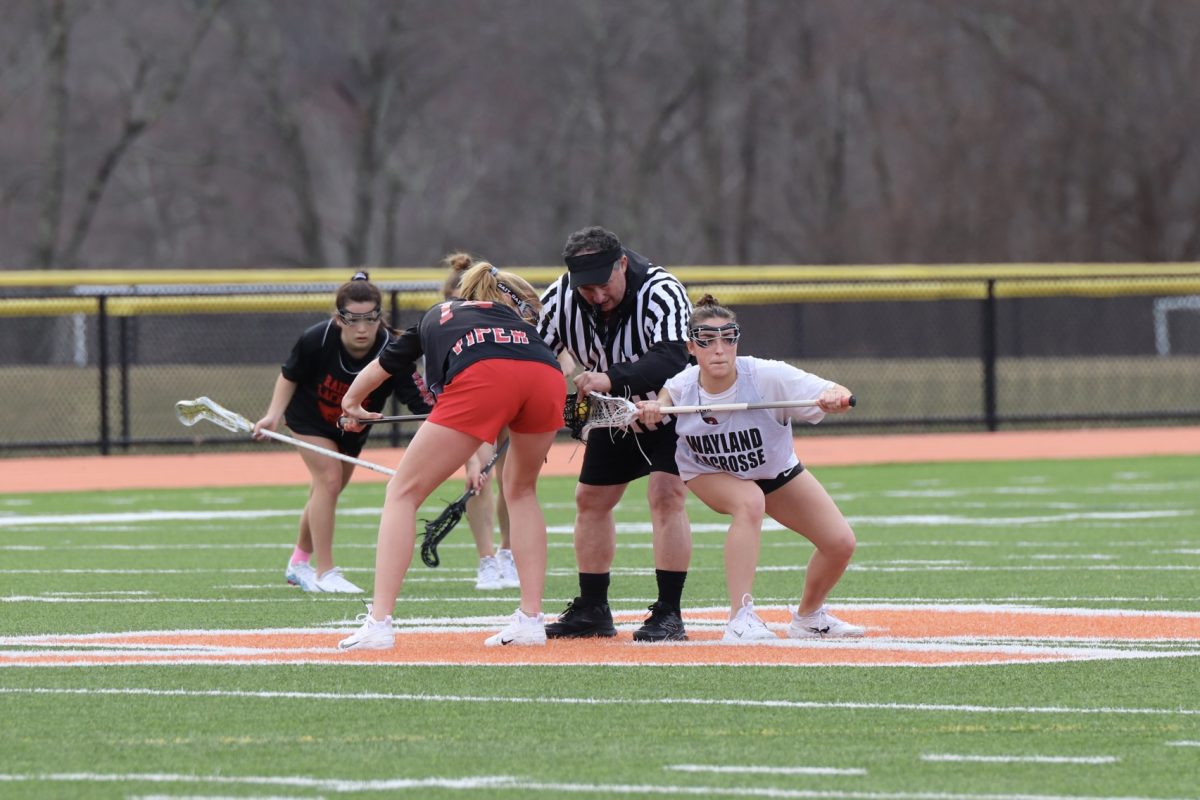
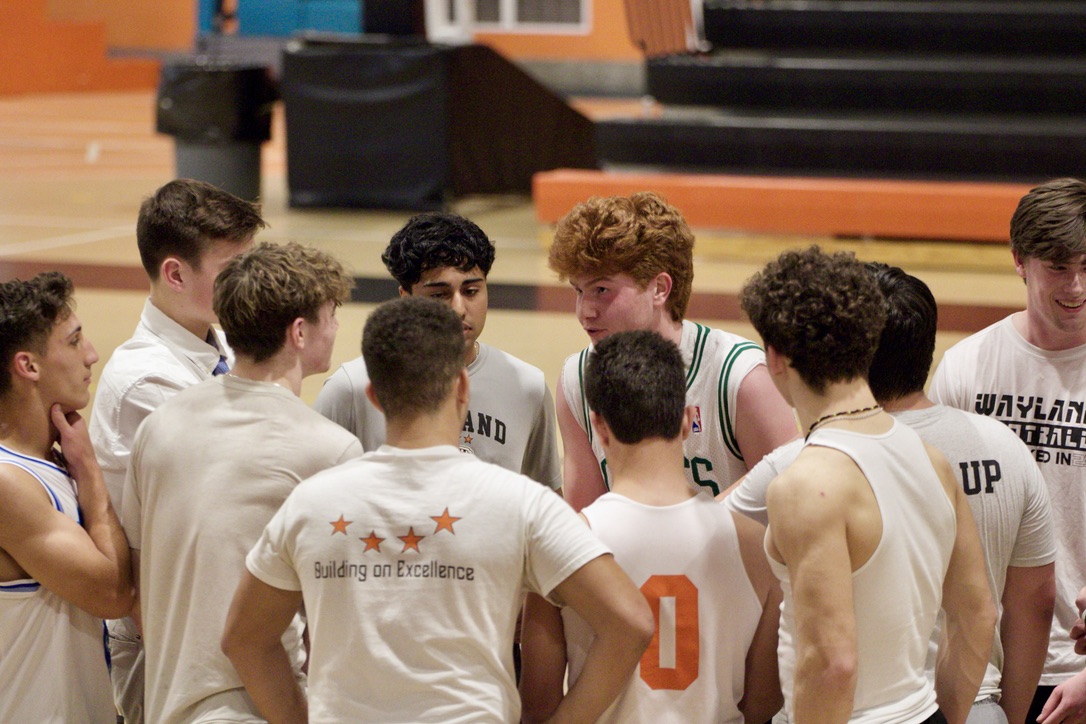









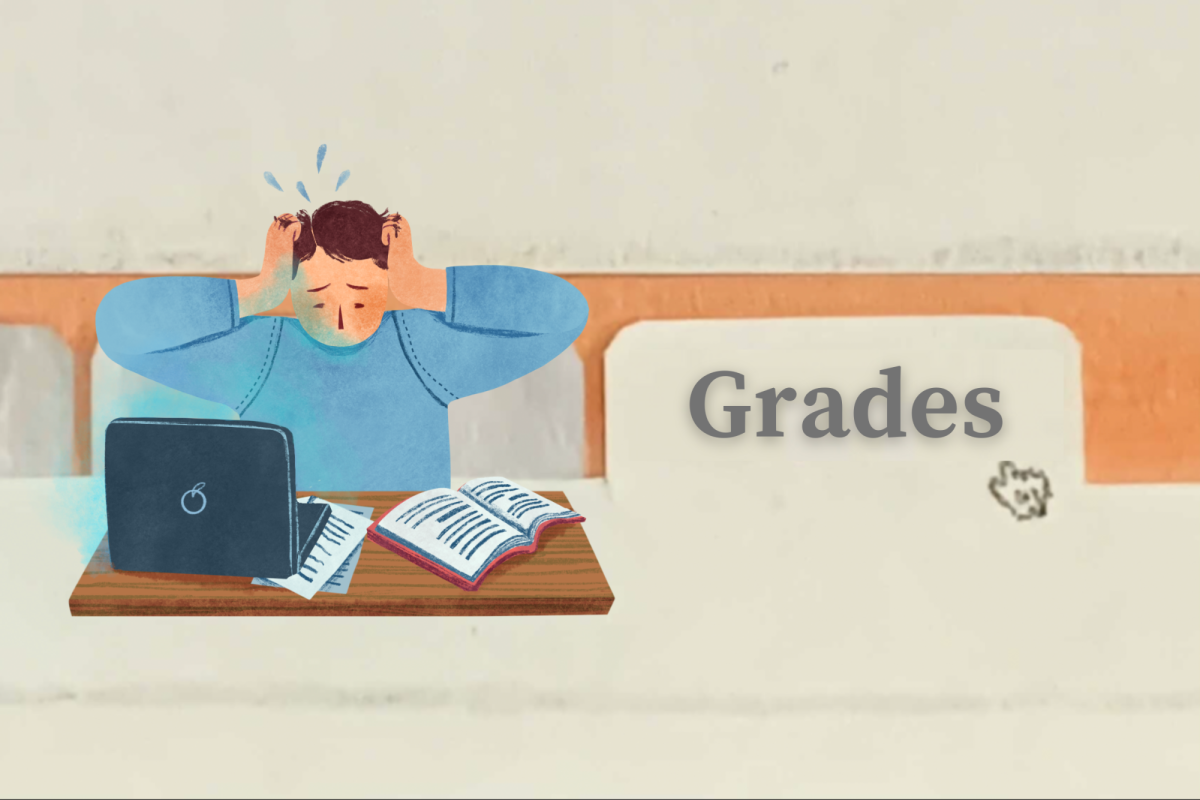

























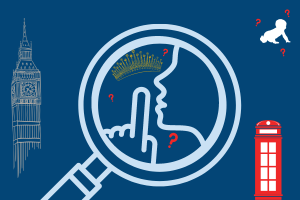











![Seniors Garrett Batt, Tom White, Emmanuel Nzaramba and Jack Calverley work together in preparation for the Spring Fling. “We decided to host this because March is kind of a slow month [in which] there’s not really that much happening, so I just thought it would be fun to put pep back into everyone so people could look forward to something this month,” senior Delcie Peter said.](https://waylandstudentpress.com/wp-content/uploads/2024/03/Screenshot-2024-03-20-at-10.28.14-PM-1200x832.png)

Lauren W. • May 6, 2008 at 6:29 PM
I agree that cautious drinking behavior should be taught to teens. Despite the facts and horrifying statistics about substance abuse, high school and college students will continue to drink alcohol. Trying to stop underage drinking is an impossible battle to win. However, educating students to make better decisions about drinking will prevent deaths due to binge drinking or drunk driving.